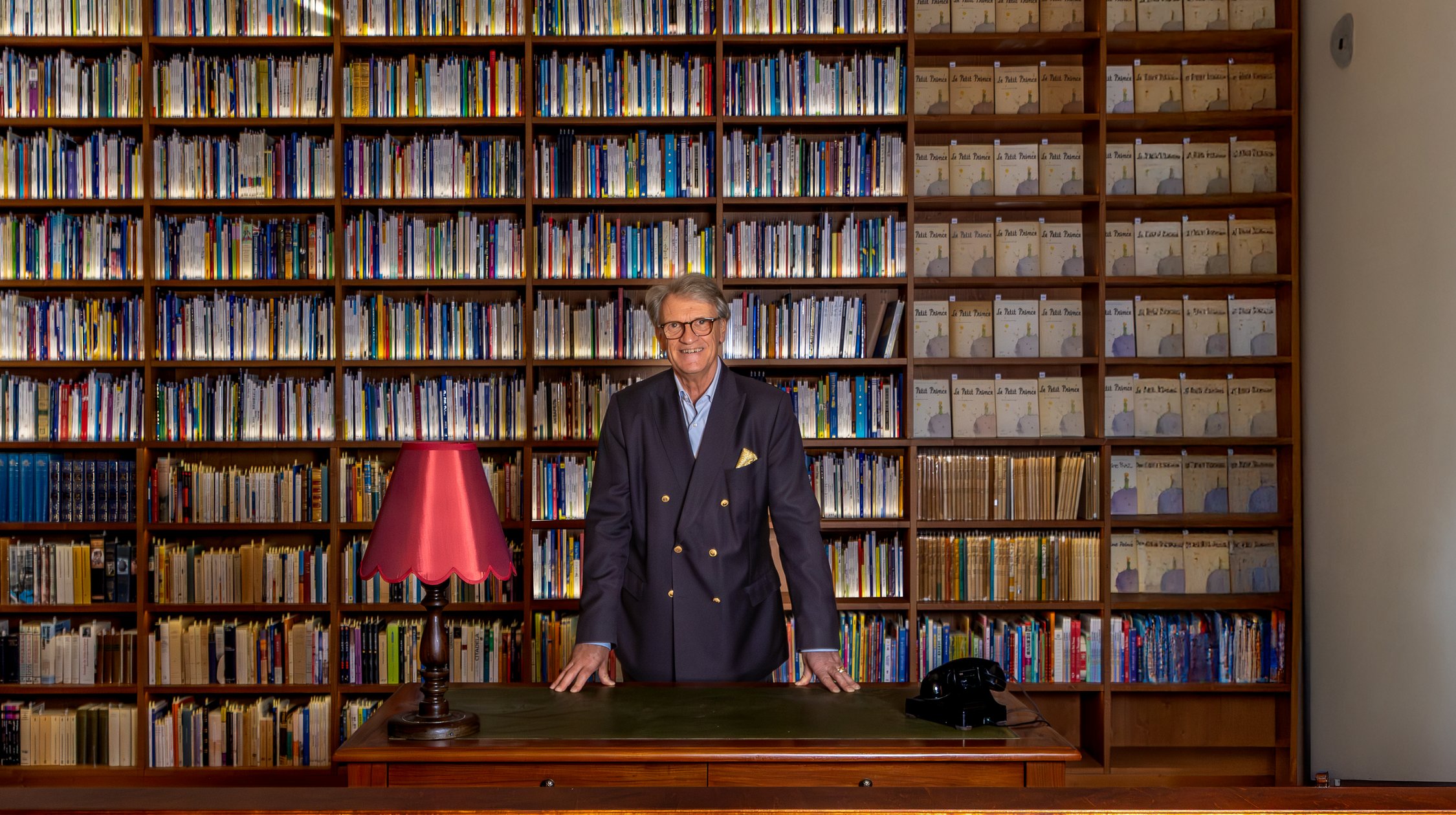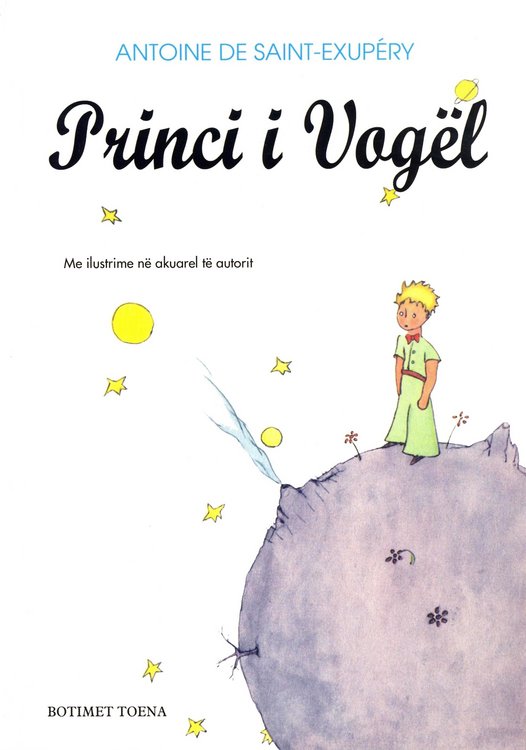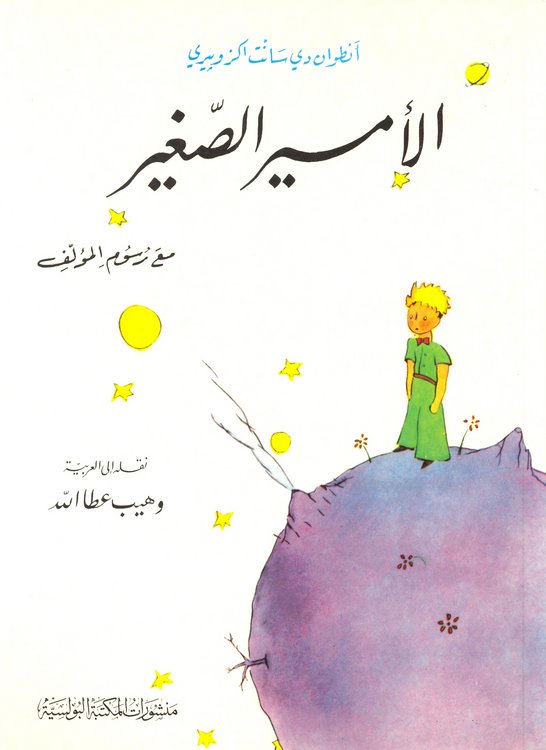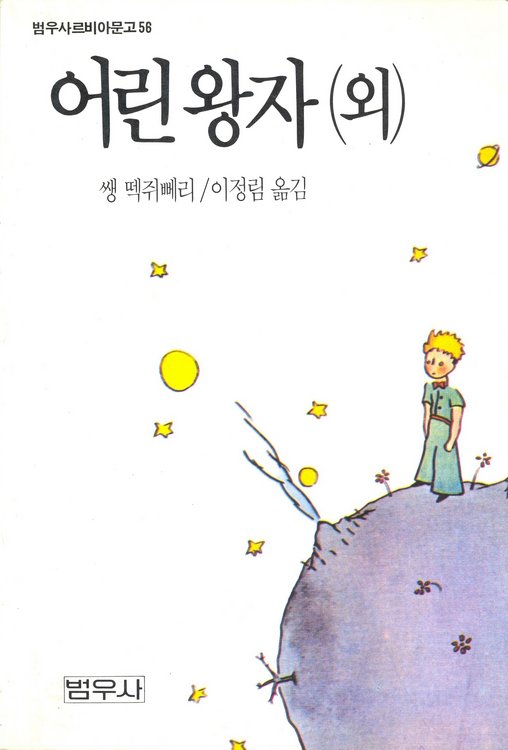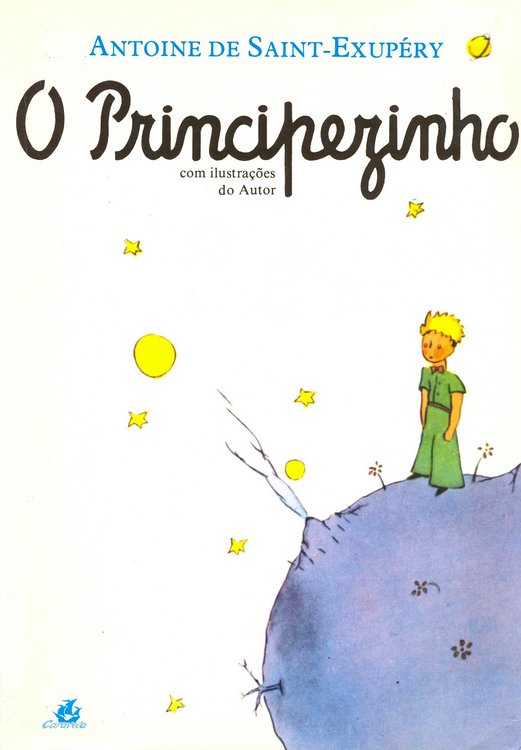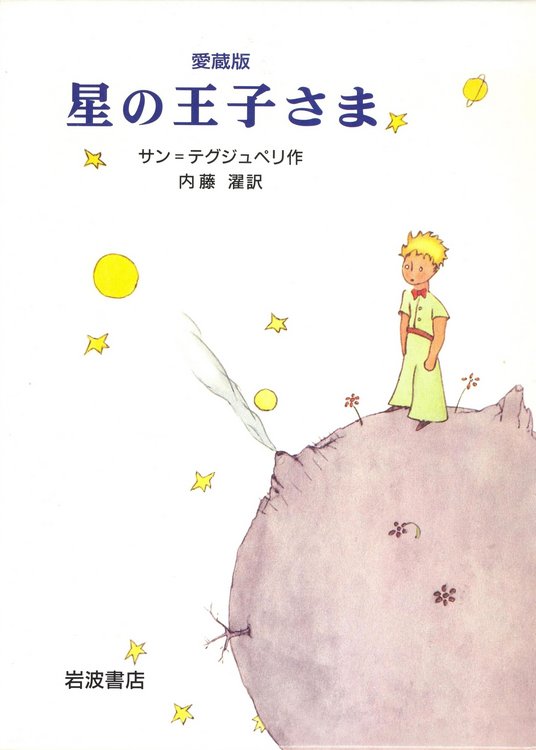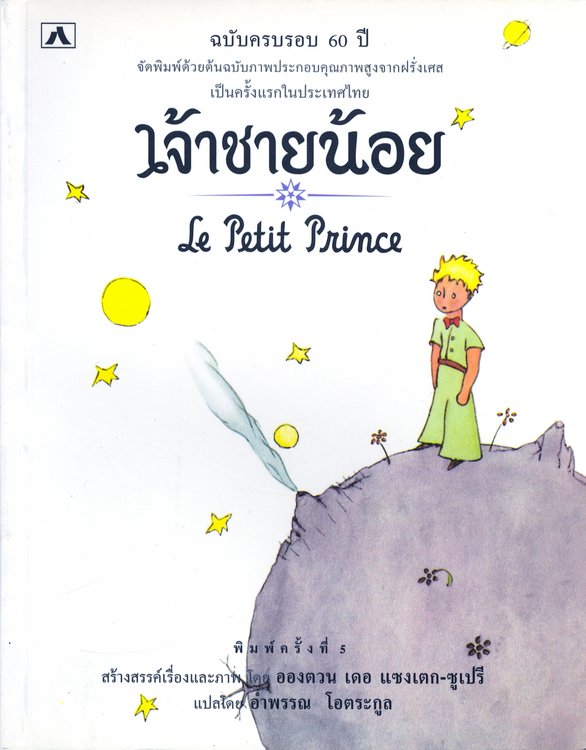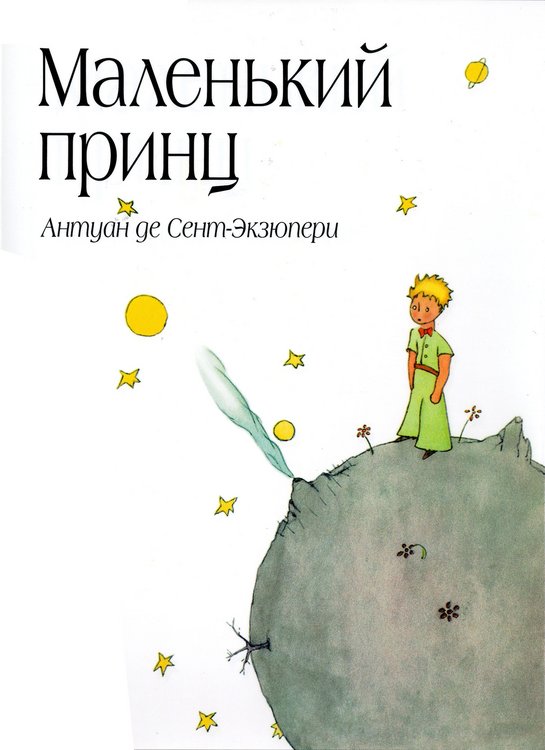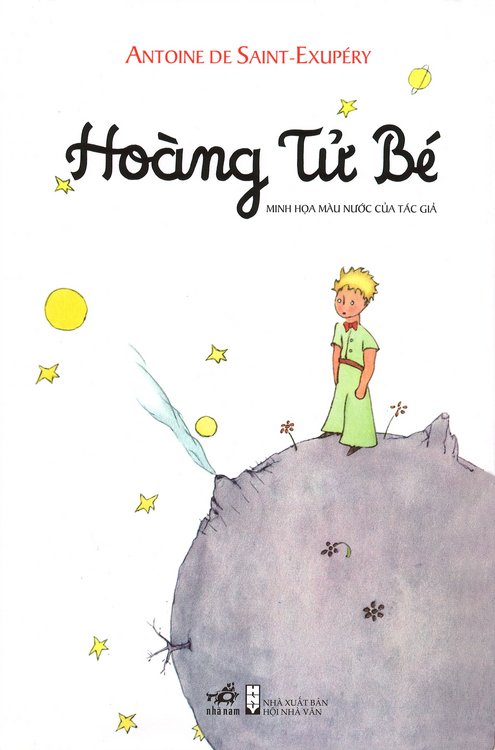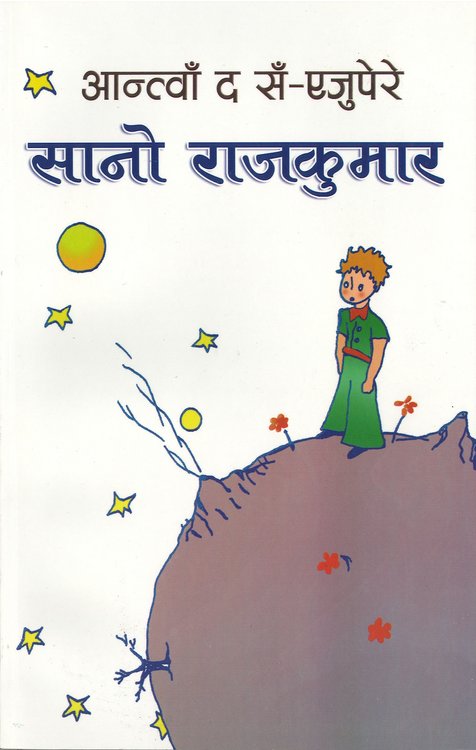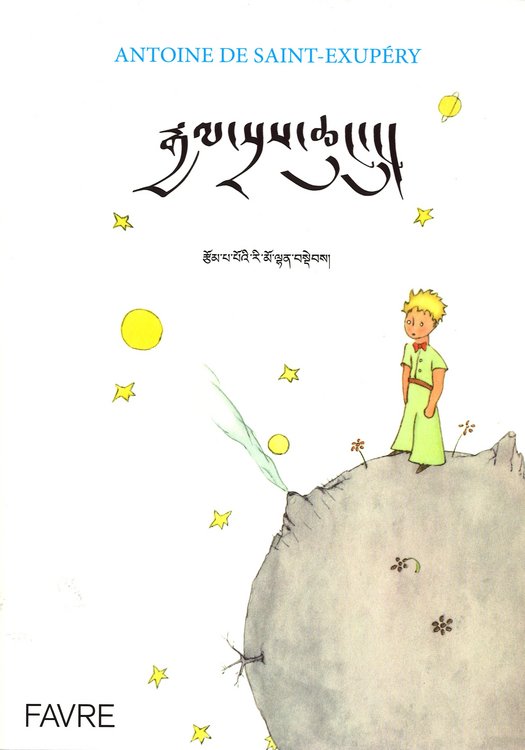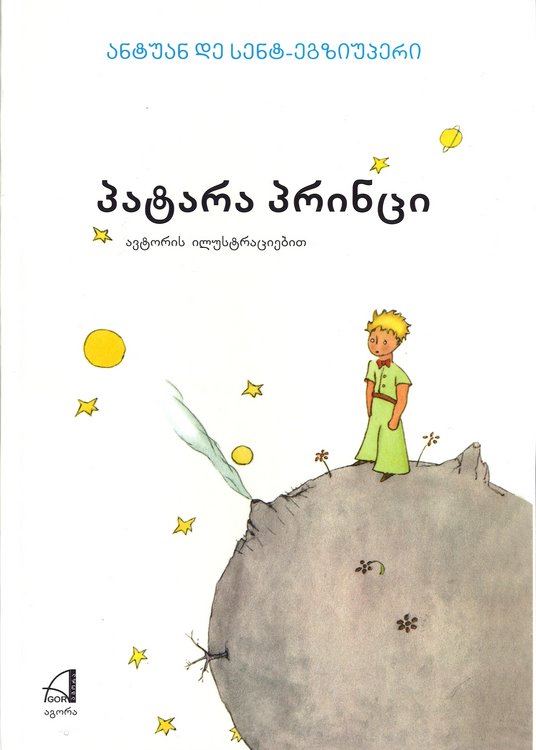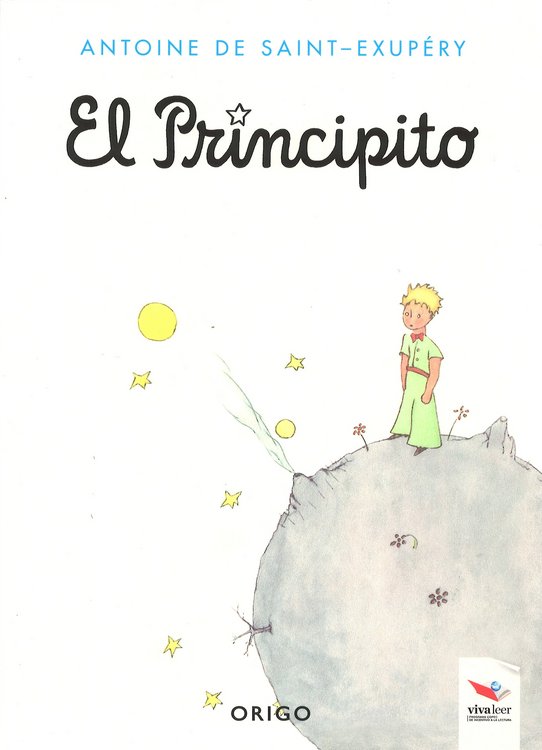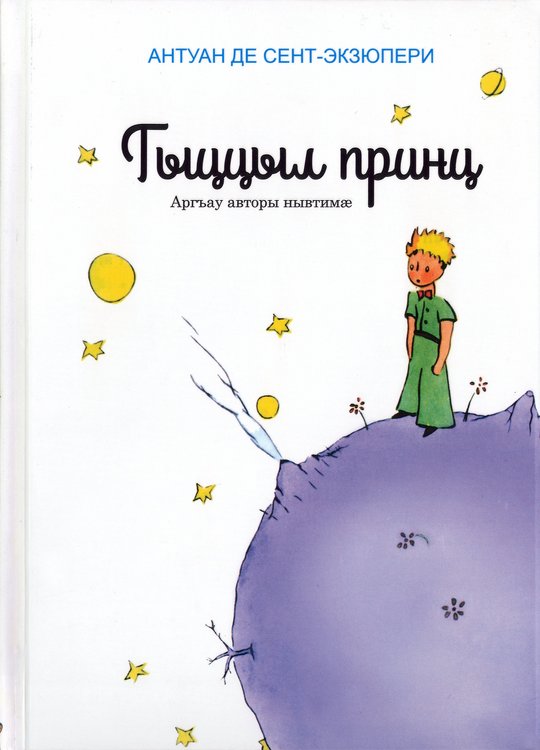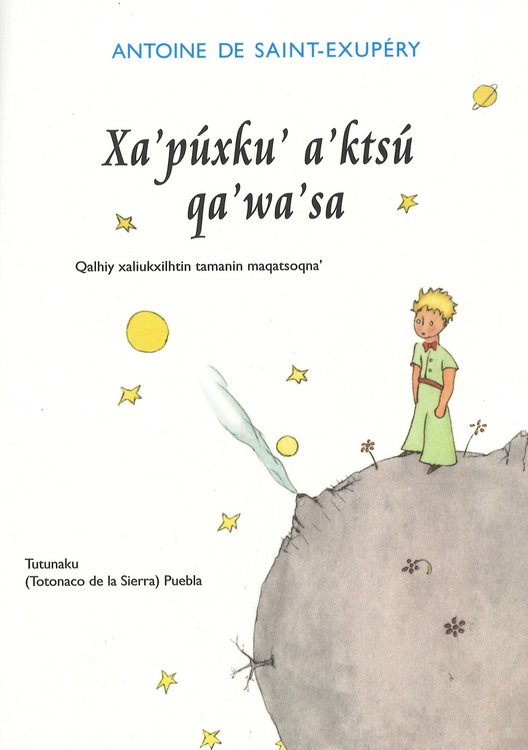Our unique treasure
Our collection is a unique tribute to the work of Antoine de Saint Exupéry and the timeless story of The Little Prince. It brings together an impressive variety of editions from around the world – from first editions to rare special editions, as well as illustrated, dedicated, and Braille copies. In addition, it includes audiobooks, magazine articles, philatelic rarities, and numerous translations that reflect the global significance and cultural impact of the book. With this collection, we aim not only to preserve the literary history of The Little Prince but also to show how deeply its message touches and inspires readers of all generations.

